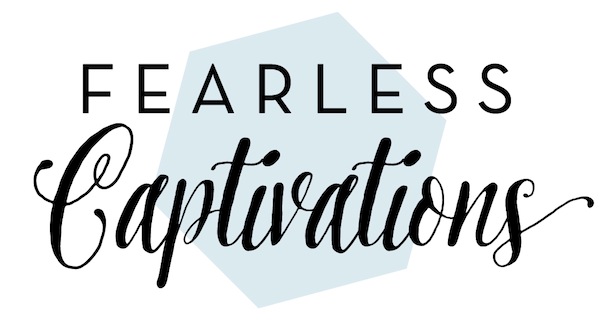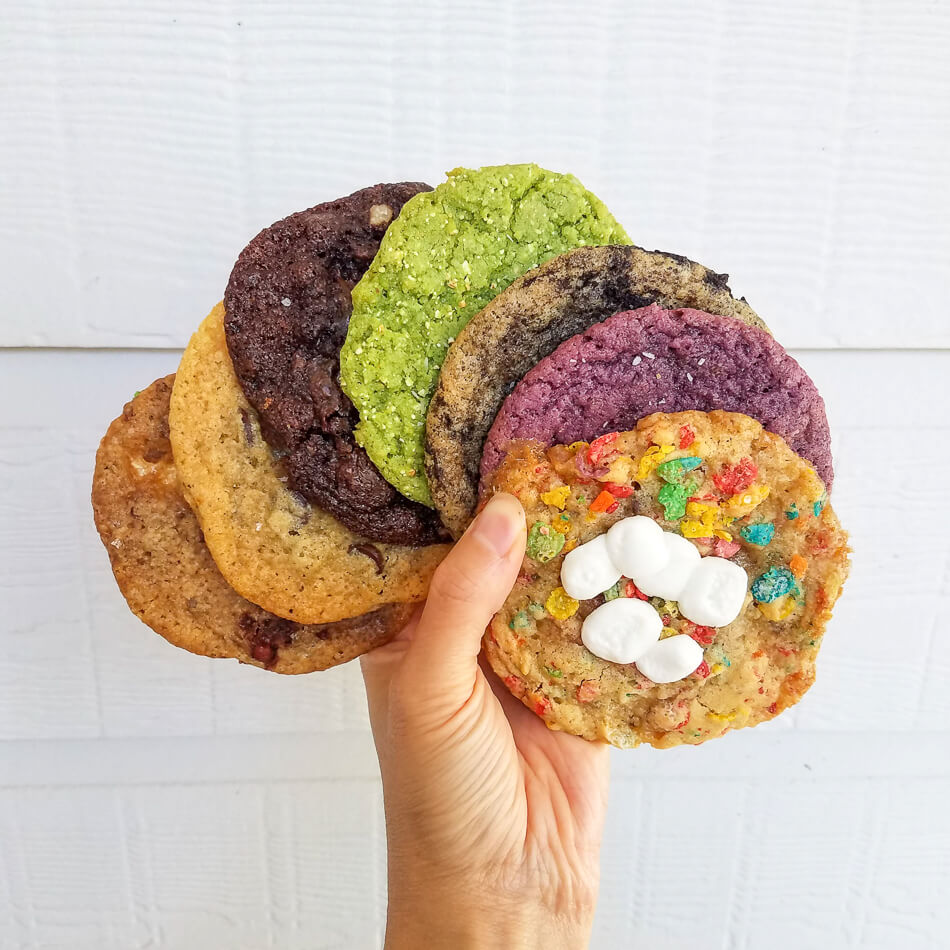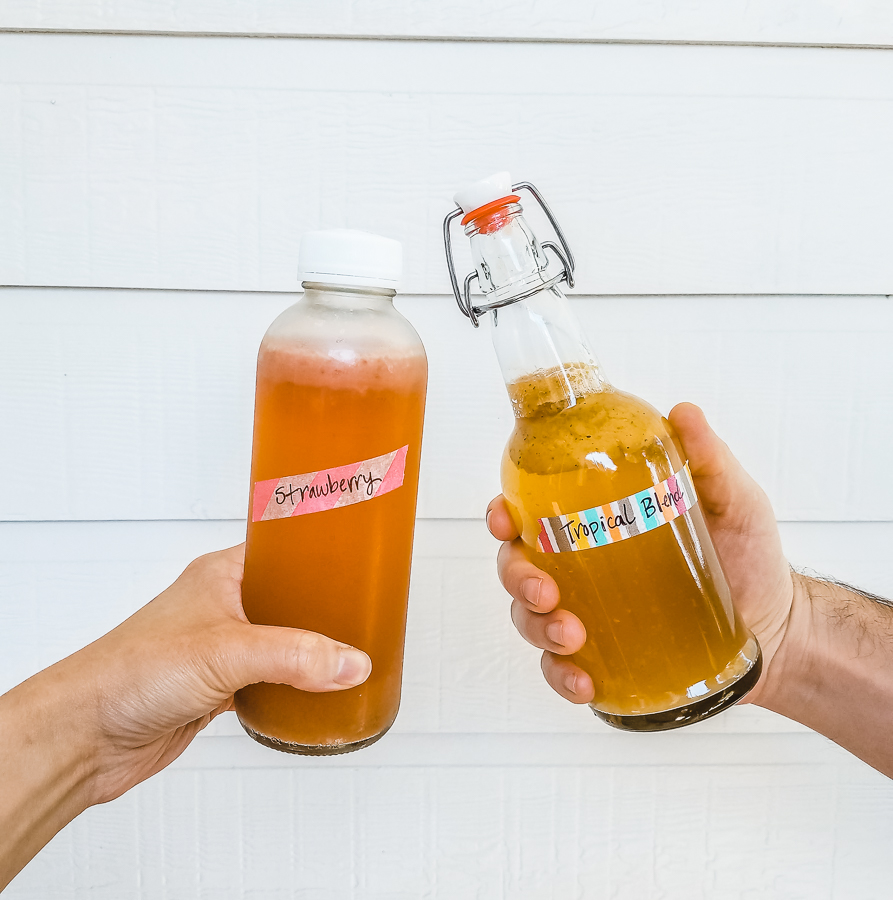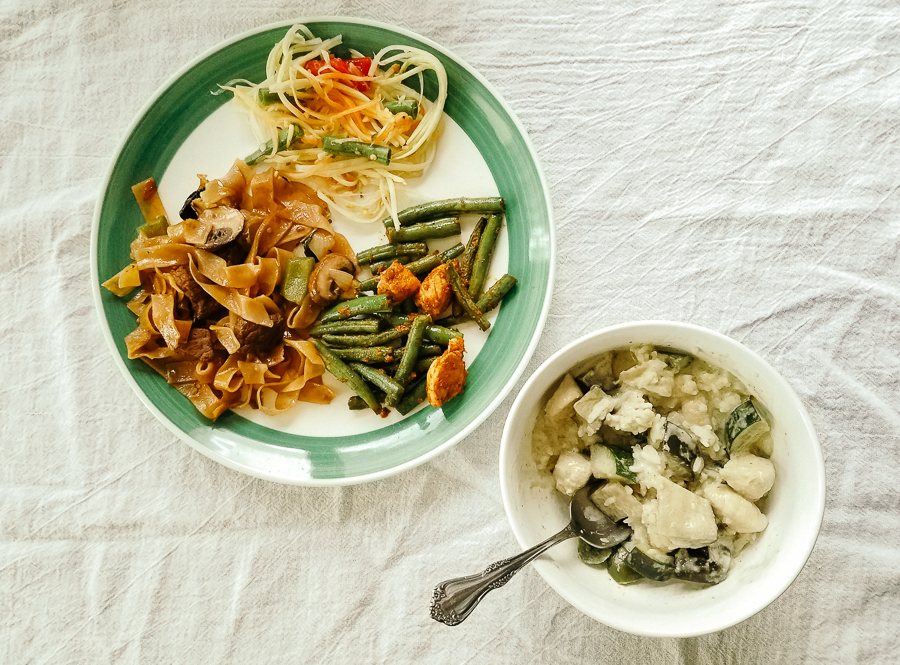Using low-waste products in your household can help you create eco-friendly habits. I’ve got a few suggestions!
Disclosure: This post contains affiliate links, which means I may make a commission at no cost to you.
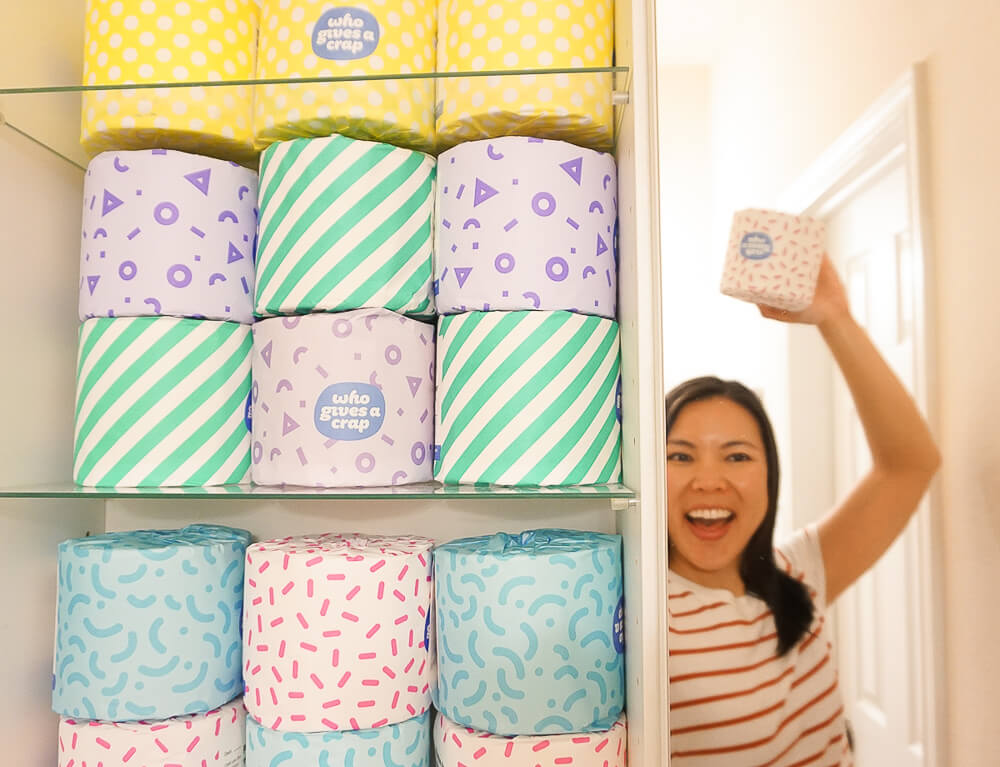
“The world doesn’t need a few people doing zero-waste perfectly. The world needs millions of people doing it imperfectly.” – Anne Marie Bonneau
It’s overwhelming to me to think about the many necessary steps to preserve the state of the environment. The detrimental consumption around the world continues to increase. So, I like to think that many small changes add up to a big impact, just as the quote above illustrates.
Reduce waste, reuse what you can, and recycle the rest. The ideal goal is buying things that are not packaged or packaged in something that is reusable, like glass, or recyclable. This results in consuming less plastic and creating less waste. It’s a bonus if the product is made with compostable and sustainable ingredients and cruelty-free.
Following these guidelines, I’ve tried to implement small changes around the house to make my habits more eco-friendly and low-waste. Finding companies to help me form low-waste habits makes following my values easier.
Here are 10 household areas you can shift to become more low-waste and eco-friendly.
1. Grocery Bags
You’re likely using reusable grocery bags already! While grocery stores in Austin are able to provide bags, using reusable grocery bags is an easy way to reduce waste. We’ve collected so many reusable bags since it’s a common swag item. Bonus points if you’re using reusable produce bags.
Brand: Your local grocery store will have reusable bags. For reusable produce bags, see PurifYou or the Package Free Shop.
Cost: 9 bags in a variety of sizes for $30
2. Toilet Paper
What makes this toilet paper eco-friendly? It’s made from 100% recycled paper (less waste) or 100% bamboo (reducing deforestation) and packaged in paper wrapping and boxes instead of plastic. The company – Who Gives A Crap – also donates 50% of its profits to sanitation projects (like providing clean water and toilets) in developing countries. They’ve donated $8 million so far!
Brand: Who Gives A Crap. They provided me with complimentary products to try (love them!) and a discount for you – get $10 off when you use the code “TP4EVA” and purchase through this link.
Cost: $10 off the price of your first subscription order means it costs:
- $28 for 24 recycled rolls ($1.16 a roll)
- $52 for 48 recycled rolls ($1.08 a roll)
- $34 for 24 bamboo rolls ($1.41 a roll)
- $58 for 48 bamboo rolls ($1.21 a roll)
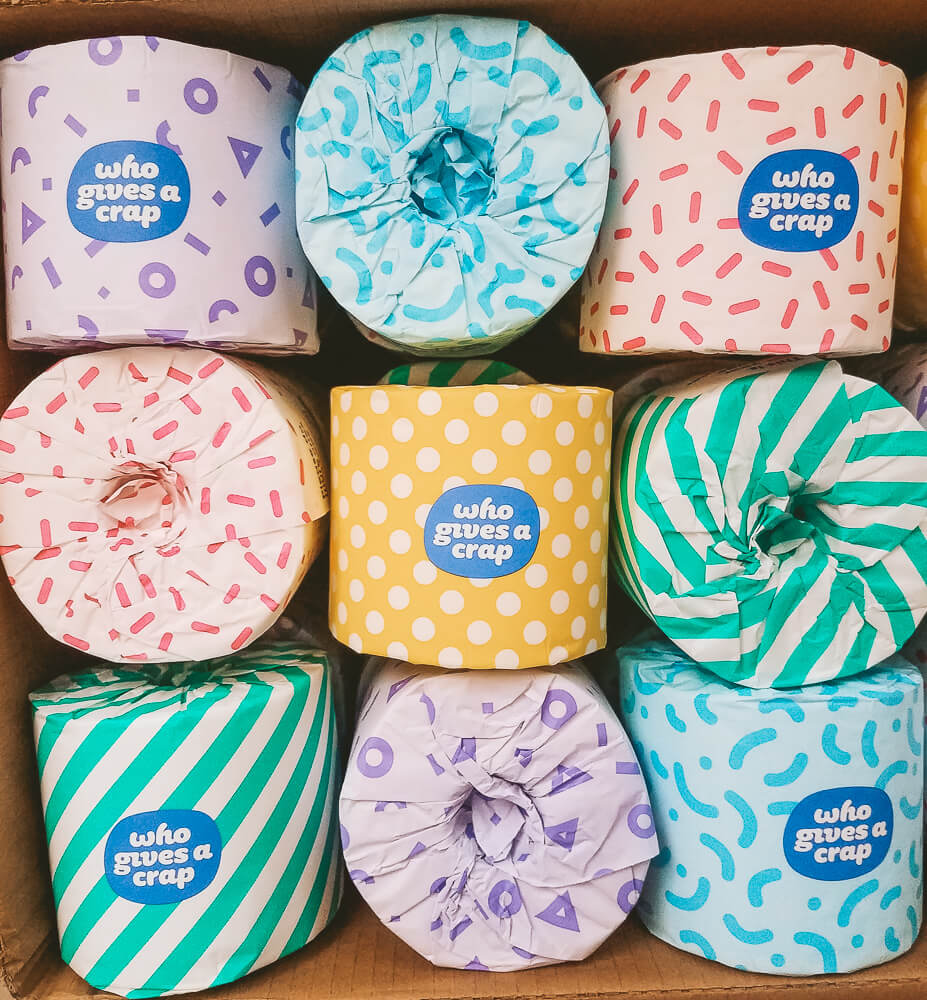
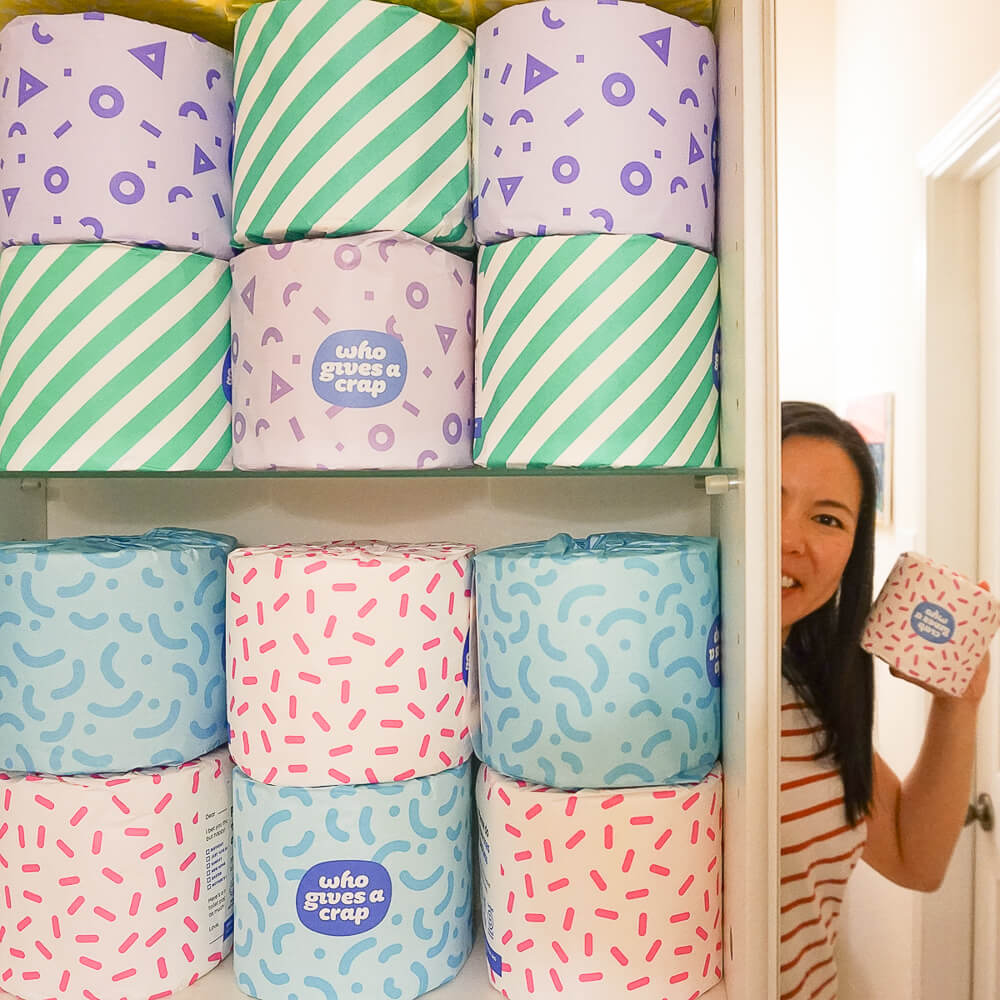
3. Glass Containers
A set of glass containers in a variety of sizes with lids will last for years. Kitchen brands like Pyrex, Rubbermaid, and OXO produce them and they are sold everywhere, so they’re easy to find. Mason jars are also good for storing leftovers, especially liquids. Instead of buying jars, reuse jars from products like spaghetti sauce or pickles. I also recommend saving plastic take-out containers for re-use until they need to be recycled.
Brand: We have a set from Pyrex.
Cost: 7 containers in a variety of sizes for $22
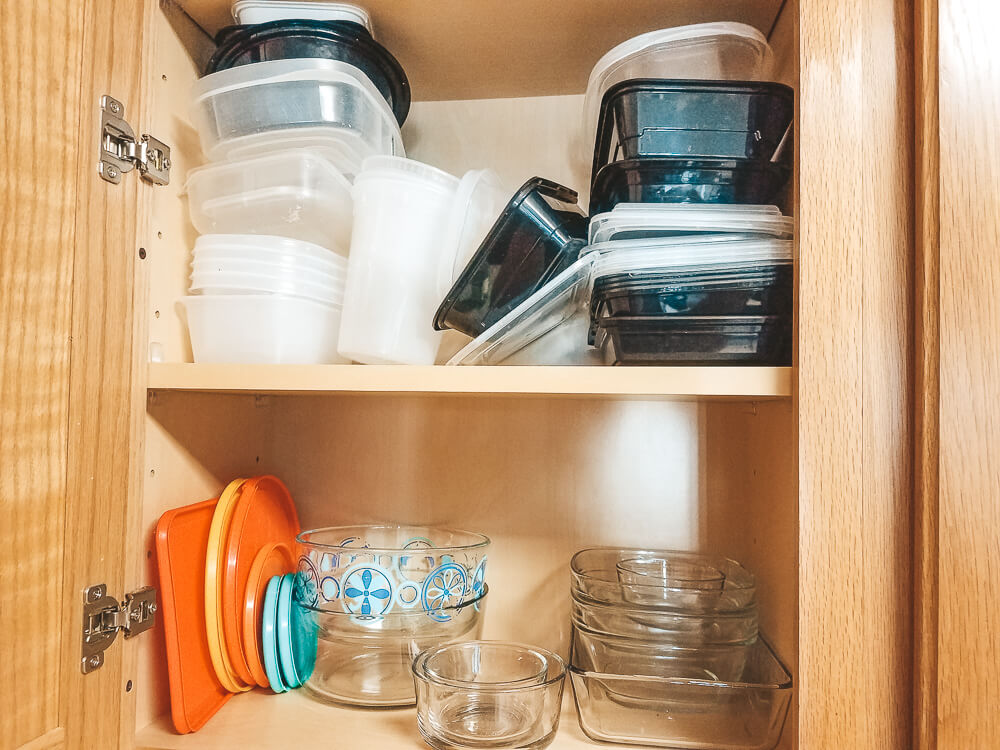
4. Laundry Dryer Balls
Dryer balls have the same effects as dryer sheets – it reduces static cling and softens clothes but without the chemicals in dryer sheets. It is also said to help dry your clothes faster, which means reducing the time your machine is on. If you like the smell of dryer sheets, add a few drops of essential oil to your dryer balls.
Brand: I’m not sure where I got mine but you can find these easily. I’ve seen them stocked at our grocery store and Tru Earth sells dryer balls.
Cost: 4-pack for $22.95
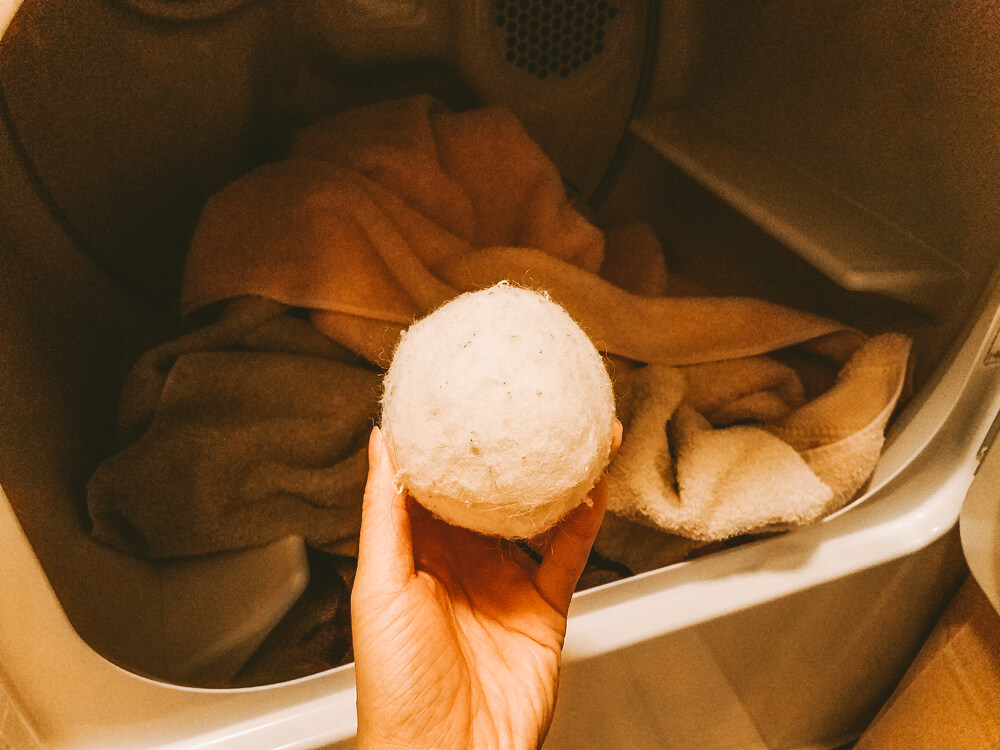
5. Laundry Detergent
One of my favorite swaps is our laundry detergent. Instead of a plastic jug or a bulky box of detergent, we have a box of detergent strips. One strip per load (sometimes two if the clothes are really dirty) is what’s needed and the strip dissolves in the water. We bought in bulk, so we are set for a few years!
Brand: We’ve only tried Tru Earth, but we like it. Blueland sells a powder detergent packaged in compostable paper.
Cost: $104 for 384 loads ($0.27 per load)
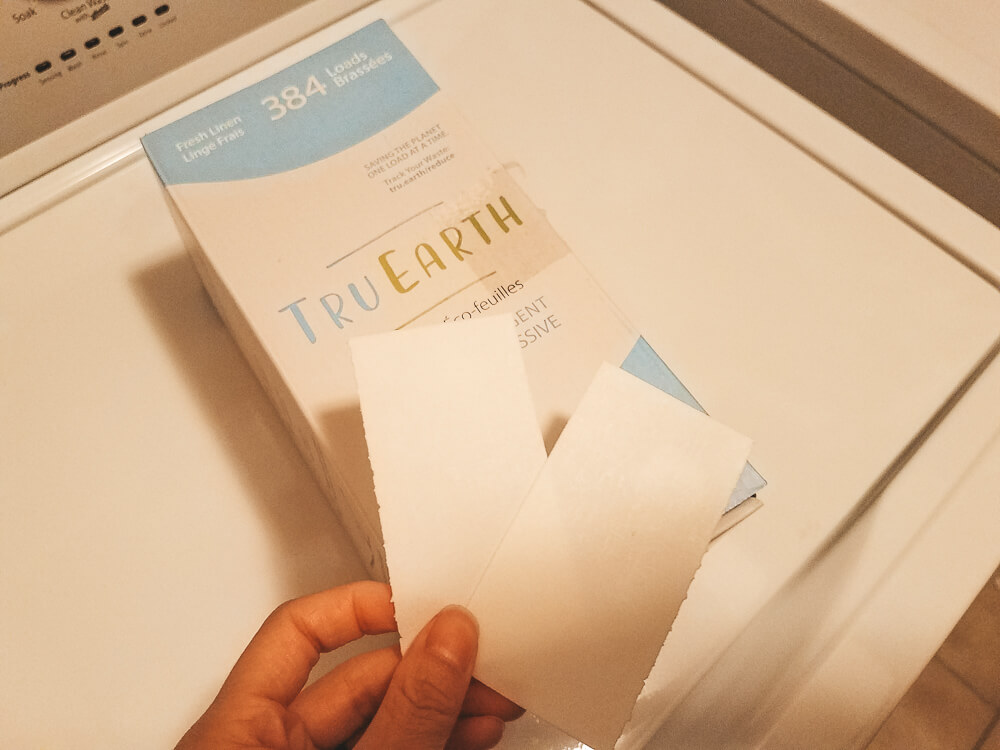
6. Dish Sponges
Sponges are typically made from plastic, but there are good alternatives. There are several types of natural fibers that can be used as a sponge, like a loofah. Loofahs are dried vegetables from the luffa plant. Look for plant-based fiber scrubbers with wood handles. Another alternative we use, though not zero-waste, is a washable sponge. These sponges are made with 100% cotton and can be thrown in the washing machine or dishwasher.
Brand: Our luffa sponges were gifted by a friend who grew them in her garden. Luffa Gardens, a U.S. company, offers several loofah products. We get our washable sponges from Marley’s Monsters.
Cost: Pack of 3 washable sponges for $28 from Marley’s Monsters
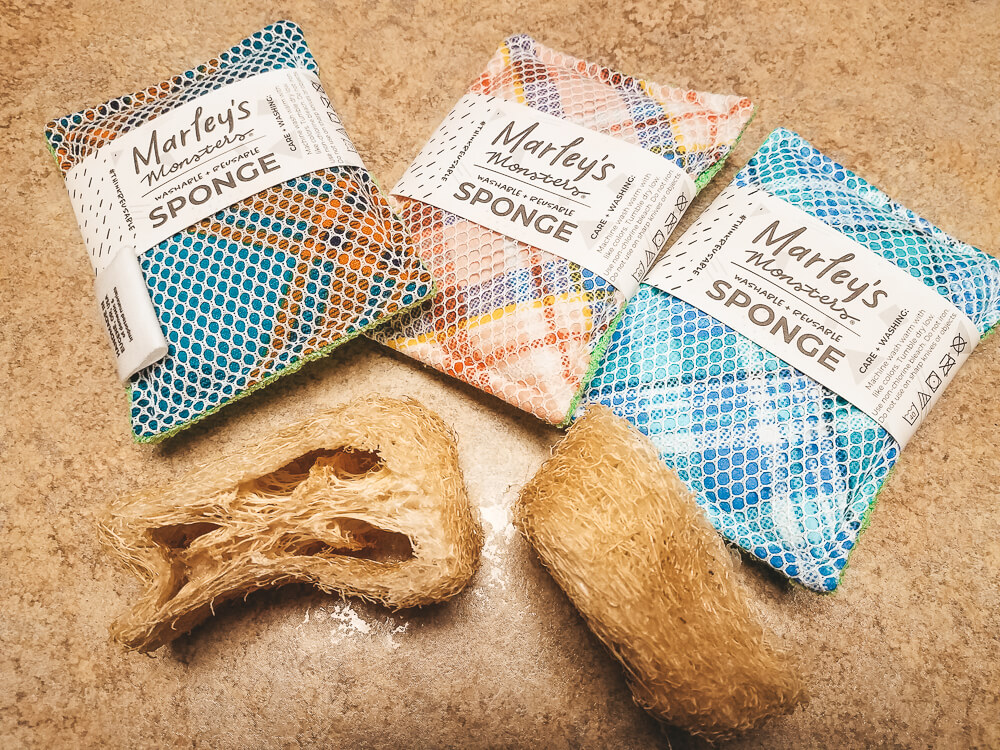
7. Hand Soap
If your house is like mine, you have a hand soap dispenser at every sink that needs to be refilled every other month or so. We used to buy a big bulk plastic soap jug to refill all of these containers but have found a different type of refill. We fill the containers with water and drop in a soap tablet. (They are foaming soaps.) The soap tablets are also packaged in compostable paper, so it’s zero waste.
Brand: Blueland
Cost: 9 tablets for $14 (about $1.56 per tablet)
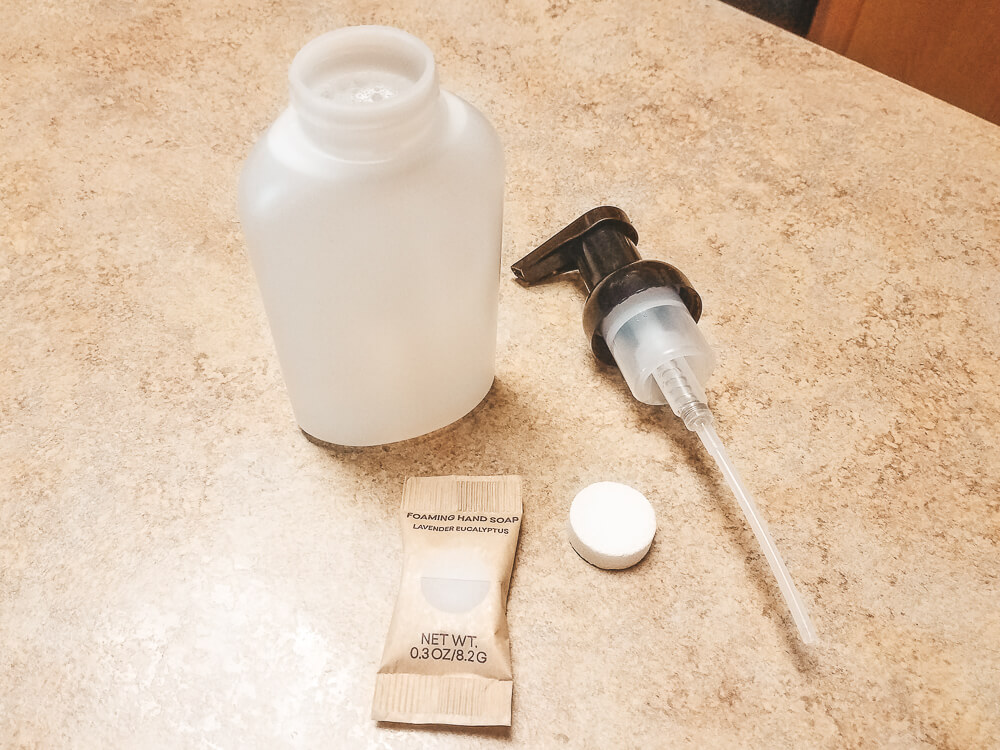
8. Dish Soap
We always have things to wash that don’t go in the dishwasher, so dish soap is a necessity. We’ve been using soap powder sprinkled through an old container. The soap comes in compostable paper, so it’s also zero waste. The cleaning process is the same as other dish soap and it foams up when you start scrubbing.
Brand: Blueland
Cost: 48 oz for $24
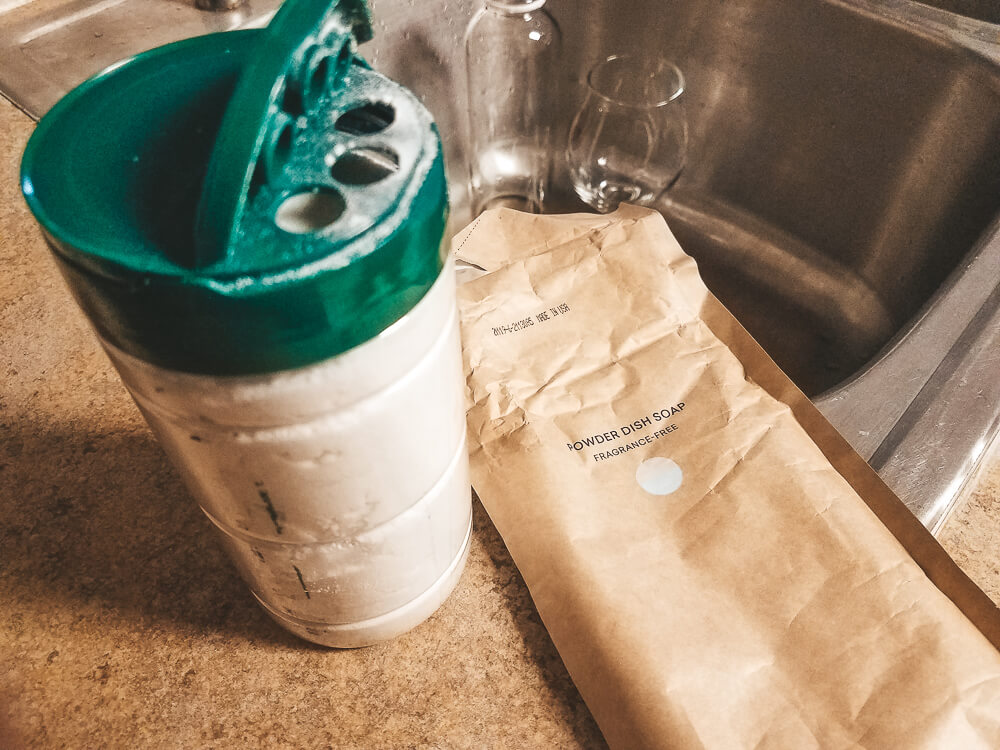
9. Toothpaste
There are a few companies that sell toothpaste tabs. They look like mints and you crush them in your mouth before brushing. I’m also glad to see toothpaste companies, like Tom’s of Maine, now packaging in recyclable tubes. https://www.tomsofmaine.com/
Brand: Bite or Unpaste Tooth Tabs. I’ve tried both and would use Bite again. I wish you could order only the compostable paper refills instead of having to buy the glass jar, but this only happens with the subscriptions.
Cost: $12 for 62 bits or $30 for 248 bits (Bite) or $8 for 125 tablets (Unpaste Tooth Tabs)
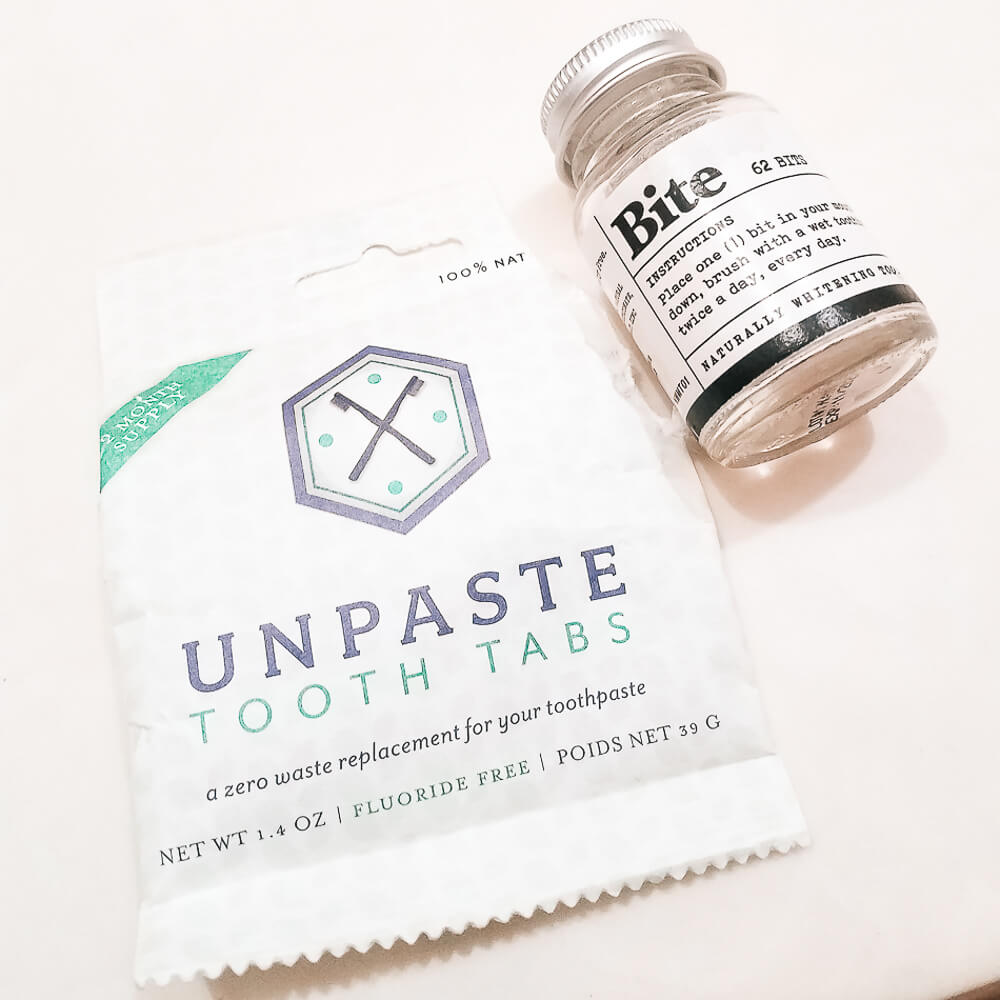
10. Shampoo
How do we get rid of plastic bottles of shampoo? Shampoo bars! Imagine rubbing a bar of soap in your hair. It might be a slightly slower process than pouring shampoo but the effect is the same. Also, most shampoo bars come in paper packaging, making this alternative zero waste. The bars should last as long as one to three 16oz bottles do. One company estimates about 80-100 washes.
Cost: $12-14 per bar
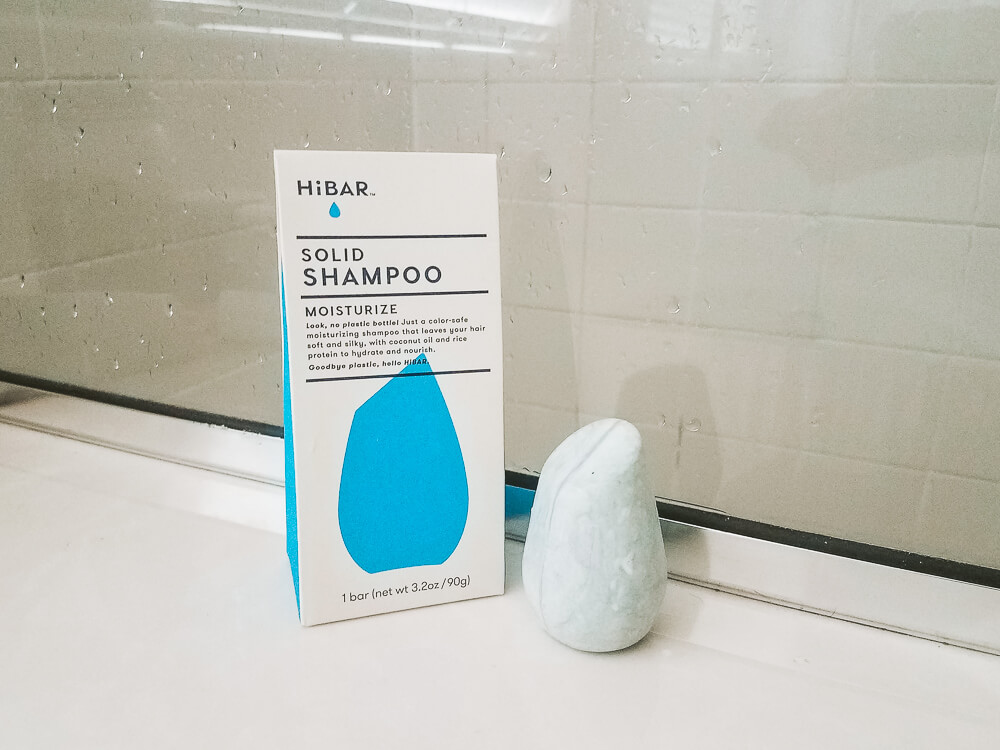
Next Steps
If you’re looking for an easy-to-find product with many uses, baking soda can be used as a household cleaner, toothpaste, and more!
I know there are also eco-friendly alternatives for razors and storage bags, among many other ways to make your home low-waste. See this great post for more ideas.
Any zero-waste alternatives you’ve tried and would recommend?
